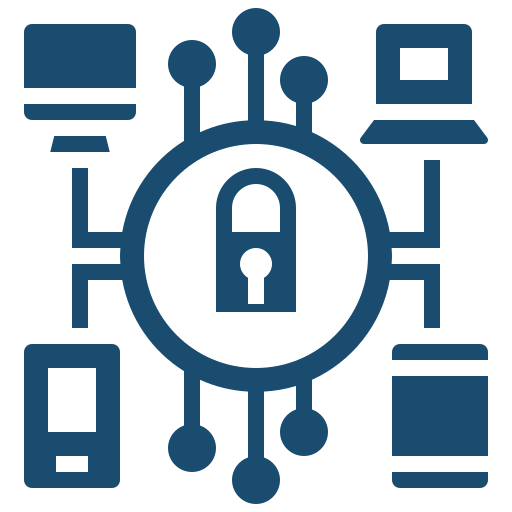Whitepapers
Subscribe to download this content
NIST Post Quantum Competition and Standardization
The National Institute of Standards and Technology (NIST) plays a critical role in developing standards for use in the United States that are often adopted internationally as well. Historically, NIST played a critical role in the standardization of the Advanced Encryption Standard (AES) and the Data Encryption Standard (DES) that it replaced. These algorithms do not rely on the “hard” problems that underly public-key cryptography, making them quantum-resistant. However, with the need for post-quantum algorithms, NIST has taken aleading role in the selection and standardization process.
The entire cryptography community is watching, commenting, discussing, analyzing, and publishing results. It’s thrilling for mathematicians and cryptographers who work on the standardization of post quantum algorithms. This white paper is a high-level overview of post quantum competition and standardization and the impact of NIST’s decisions on your industry
What is Post-Quantum Cryptography?
The cryptographic algorithms in use today are secure against all known attacks using modern technology. However, this will not always be true. With the development of large quantum computers, which will be available in the near future, classical asymmetric or public-key cryptography security will be broken. The impending threat to the security of classical cryptography has prompted the development of algorithms that are believed to be secure against both classical and quantum computers. These post-quantum cryptographic algorithms are an area of active development and will be rolled out to replace their quantum-vulnerable counterparts within the next few years.
This white paper gives a detailed introduction to the world of post quantum cryptography–a great start to the exciting journey ahead of us.
Secure Quantum Computing
Quantum computing has been a futuristic technology for many years. While the theory behind quantum physics and quantum computing has been around for decades, Implementations have lagged behind. For several years, quantum computing has been“just around the corner” but has never arrived. In the last few years, this has changed, and the development of quantum computing has accelerated rapidly. Today, IBM has a 127-qubit quantum computer and plans to reach over 4,158 qubits by 2025. The emergence of quantum computing has significant implications for technology. Quantum computers work very differently from the classical ones today, making previously infeasible computations possible. While this has its benefits, it also has its downsides, especially in the areas of cryptography and cybersecurity.
SylLab is committed to protecting and respecting your privacy, and we’ll only use your personal information to administer your account and to provide the products and services you requested from us. From time to time, we would like to contact you about our products and services, as well as other content that may be of interest to you. You can unsubscribe from these communications at any time. For more information on how to unsubscribe, our privacy practices, and how we are committed to protecting and respecting your privacy, please review our Privacy Policy. If you consent to us contacting you for this purpose, please tick below to say how you would like us to contact you:
SylLab Solutions

Hardware (IoT)
Low-memory and processing power devices, sensors, connected devices

Critical Infrastructure
Energy and Utilities

Finance
Banking, Insurance, Funds

Healthcare
Pharma, Healthcare Providers
Post-quantum security
We enable our clients to stay ahead of the quantum threats and transition their security infrastructure to post-quantum. Our goal is to implement post-quantum security that should provide ~70% savings on computation costs.
Post-Quantum SDK
The cryptographic library is used as a building block to build and deploy new
applications and systems deployed on the client-side
Ongoing support to integrate SDK with clients' existing and new applications
SylLab PQ Cryptographic Library
Lightweight post-quantum cryptographic suite for embedded devices and firmware
A high degree of configuration and SylLab ongoing support with integration
Encryption Gateway for On-prem or Cloud
Post-Quantum gateway protecting sensors' data on-prem/cloud Configuration tailored to customer’s environment
We are helping the world’s leading organizations to develop their core quantum security capabilities. Our objective is to provide quantum-resistant cryptography for our clients to best protect their people, property, information, and corporate brand equity.
Post Quantum Newsletter
High Level Differences Between PQC and QKD
The threat of quantum computers breaking down modern cryptographic algorithms and exposing the confidential information of governments, corporations, and individuals is real. According to the
Patents, Intellectual Property Statements, and Post Quantum Cryptography
As the development of functional quantum computers by companies such as IBM, Intel, and Google advances, post-quantum cryptography (PQC) is becoming a necessity. The exceptionally
Post Quantum Cryptography: Unpathed Frontiers of the Quantum Era
The central goal of cryptography is to ensure secure and confidential communication between multiple parties. Electro-mechanical encryption can be traced back to World War II







